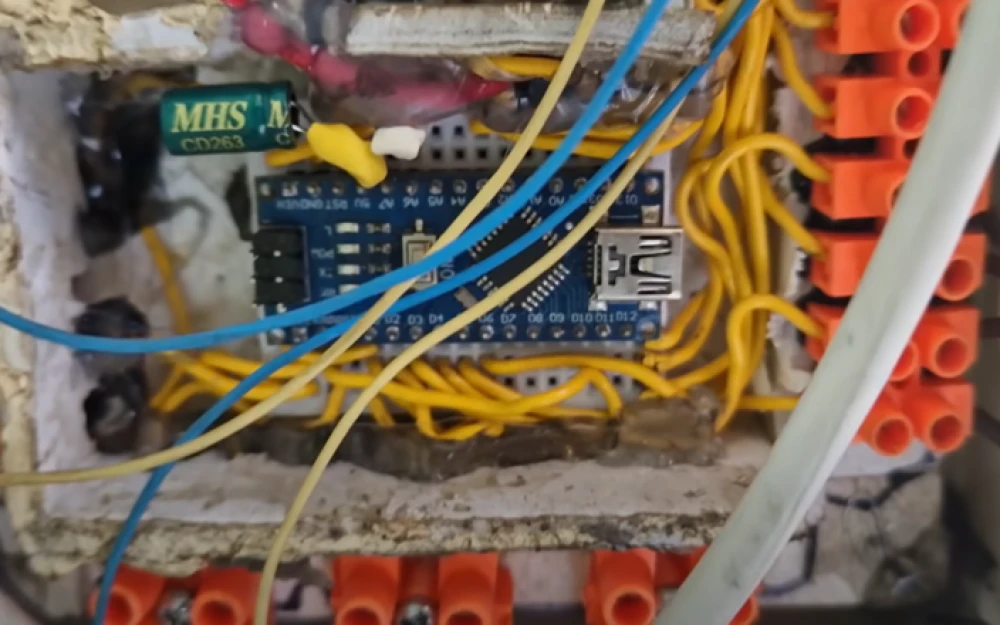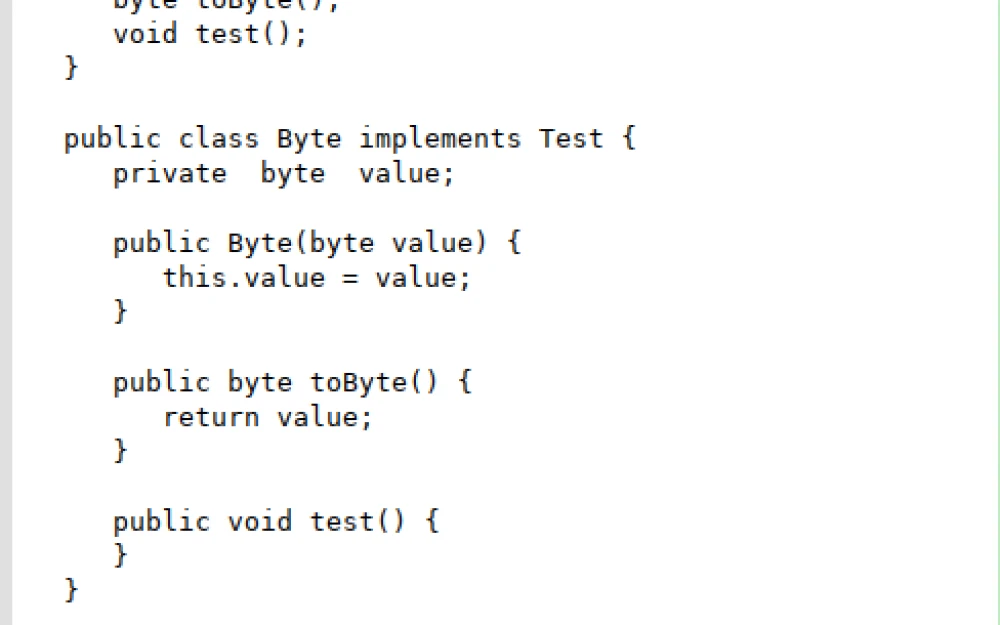- DIY
- A
Elevator killer, incompetence, and what does this have to do with Arduino
I accidentally came across a video about the elevator killer on Arduino. In this video, the author shows how a certain company carried out an order to develop and install an elevator for people with disabilities. What was done there is an example of criminal incompetence by the developers.
I was so impressed that I dropped everything and decided to urgently write an article about a huge problem in the engineering community, which is becoming increasingly noticeable.
For 20 years, the Arduino platform has been helping enthusiasts overcome the entry barrier into the world of electronics and programming. A whole generation of engineers, electronic specialists, and programmers has grown up, many of whom started their journey with this platform.
The biggest advantage of Arduino boards is the simplicity of development. Children as young as 10-12 years old can independently figure them out and start creating their first projects. Thanks to such an early start, the average age of a specialist is getting lower, which is overall a good thing. But there is also a side effect.
Not everyone grows out of diapers and becomes a professional. The problem is not with Arduino; the problem is with people. The reality is that even an engineer with a higher education can be at the level of a schoolboy in their development. Not only do such underqualified individuals occupy jobs, but they also pose a real threat to the safety, health, and lives of people who will use their equipment.
Unfortunately, such people are indeed hired as hardware developers and begin to engage in sabotage. Very often, they are not even aware of how incompetent they are. This problem has only started gaining momentum recently because the generation of children who grew up on Arduino is now finishing university and entering the job market. I am part of this generation, so I see the problem from the perspective of an extended spinner.
There are many examples in history of glaring incompetence that led to tragedies. Take, for example, the infamous Therac-25 (which was aptly mentioned by one of the commentators of that very video).
These are all examples of engineering errors that led to tragedy. Such tragedies are almost inevitable, as everyone makes mistakes, but now everything is different. In addition to the aforementioned problem, there is another factor that is a catalyst, worsening the situation - the emergence of neural networks that can write code entirely.
The development of neural networks in recent years has been gaining momentum, and it can be said that a new technological breakthrough has occurred that will change everything. One can talk for a long time about how magnificent neural networks are, and I agree with that, but I want to focus your attention on the impact of neural networks on young professionals. In the hands of a seasoned specialist, a neural network is a powerful tool that speeds up work and increases productivity, but for a beginner, a neural network is like a monkey with a grenade. It’s fine if a person uses the neural network as an advanced search engine or a self-tutor, but what happens when a person starts using the neural network as a friend who will do everything for them? Surface knowledge, fake experience, and immense self-importance are acquired. After all, the person begins to think that they did everything themselves and starts taking on more complex and responsible projects. And the saddest part is that employers often don’t know the real depth of a person’s knowledge and trust them with more critical tasks. But these more critical tasks turn out to be beyond the neural network's capabilities, and the "engineer" has to deal with an impossible task. It’s good if they fail, but worse if they succeed at the expense of reliability and safety.
But there’s still one overlooked aspect. How do these projects even reach consumers? Where is the control? Who allowed this? As practice shows, in many companies, the approach to quality and safety control is at a potato level. The controlling body is often absent in many organizations. I don’t know what the employer thinks when they place such blind faith in success, but the fact remains, this practice is widespread. It’s easy to guess that most of these projects fail at early stages, but there are exceptions when such a fake product ends up where it shouldn’t have been.
With this article, I want to draw the IT community’s attention to this problem and urge anyone who recognizes themselves to take urgent measures.
I don’t want to say that Arduino projects are bad or indicate incompetence, not at all; the platform itself is excellent, and there are a huge number of amazing projects on it. This article was a cry from the heart, don’t judge harshly, better describe your experience in the comments. I would be very interested to read your stories.





Write comment